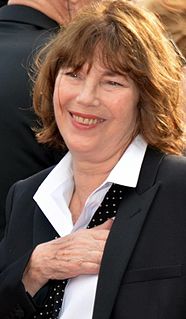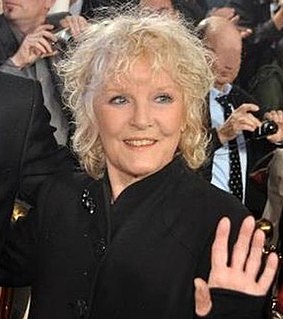A Quote by Christopher Hitchens
There's a big difference, as I'm sure you know, it's a slightly manneristic one, between people of the '60s and people of '68. Being a soixante-huitard - it's so nice to have a French word for it - is very different from just having happened to been a baby boomer in the '60s.
Related Quotes
I think it's true about people now being closer to their parents, since the '60s, really. The parents are no longer from a different planet, the 1950s ideas of American family. We could be friends with our parents. After the '60s, it wasn't like a person smoking pot was what the parents would be appalled at.
There's a lot of - there's a lot of - there's a big difference - first of all, there's a big difference between DACA and Dreamers, OK? Dreamers are different. And I want American kids to be Dreamers also, by the way. I want American kids to be Dreamers also. But there's a big difference between DACA and Dreamers. And a lot of times when I was with certain Democrats they kept using the word dreamer. I said, "Please, use the word DACA." You know it's a totally different word.
During the '60s, I think, people forgot what emotions were supposed to be. And I don't think they've ever remembered. I think that once you see emotions from a certain angle you can never think of them as real again. That's what more or less has happened to me. I don't really know if I was ever capable of love, but after the '60s I never thought in terms of 'love' again.
I think that argument is completely morally bankrupt, and I think people know that when they make it. There's a very big difference between having a sincere, passionate interest in a topic and being a paid shill. Particularly for PR firms, it's something they should really very strongly avoid: ever touching an article.
I am sure," cried Catherine, "I did not mean to say anything wrong; but it is a nice book, and why should not I call it so?" "Very true," said Henry, "and this is a very nice day, and we are taking a very nice walk, and you are two very nice young ladies. Oh! It is a very nice word indeed! It does for everything. Originally perhaps it was applied only to express neatness, propriety, delicacy, or refinement—people were nice in their dress, in their sentiments, or their choice. But now every commendation on every subject is comprised in that one word.

































